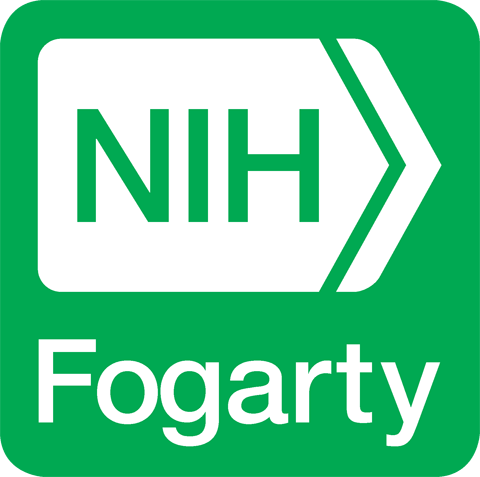Fogarty International Center

Fogarty International Center
Program type: Domestic, Research
Format: Hybrid
Location: Bethesda, MD, USA
- Organization Name: Fogarty International Center
- Location: Bethesda, MD, USA
- Website: https://www.fic.nih.gov/About/Staff/epidemiology-population-studies
Internship Details
- Intern Positions Available: 2
- Format: Hybrid: The position will be a mix of virtual and in-person work.
- Work Environment Details:
The internship will take place on the NIH campus in Bethesda, Maryland, at Stone House, a 19th-century building. Interns will meet regularly with their supervisor in person or virtually and are expected to work on-site at least one day per week, with the remainder of the work done virtually. Interns will engage with NIH staff members in both formats. Typically, 3–6 interns participate in the program during the summer. This role does not involve laboratory work; all projects are computational and involve data analysis. - Duration: 10 weeks June-August
Organization Description
The Division of International Epidemiology and Population Studies (DIEPS) is the research arm of the Fogarty International Center at NIH. DIEPS conducts research in epidemiology, genomics, and mathematical modeling of infectious diseases. Areas of focus include:
- Cross-national studies of transmission dynamics and mortality patterns.
- Immuno-epidemiology and phylodynamics.
- Research on SARS-CoV-2, influenza, and other viral diseases.
The outcomes of DIEPS research have contributed to changes in public health policies and practices aimed at reducing global disease burdens.
Internship Project Description
Interns will work on research projects with direct relevance to international public health. Potential projects may involve:
- Analyzing the evolutionary and transmission dynamics of SARS-CoV-2, influenza, and other viruses using phylogenetics and phylodynamic modeling.
- Modeling the transmission dynamics of respiratory disease outbreaks (e.g., COVID-19, influenza, respiratory syncytial virus) and evaluating the global impact of new interventions.
Interns will collaborate with NIH researchers who will mentor them throughout the project. Tasks include:
- Conducting analyses using epidemiologic and/or genomic data.
- Learning analytical and computational methods to interpret data.
- Completing independent study to understand the biology and public health relevance of infectious diseases.
Results may culminate in a publication for a scientific journal under the mentor’s guidance.
Learning Outcomes
- Formulate research hypotheses about virus transmission and evolution and design appropriate analyses.
- Conduct and interpret analyses of epidemiologic and genomic data using statistical and phylogenetic software.
- Understand how epidemiology, evolution, and viral disease burdens vary across countries.
Qualifications
Required Skills:
- Strong mathematical background with an interest in applied mathematics.
- Proficiency in programming languages such as R or Python.
- Interest in mathematical modeling and/or bioinformatics.
Work Environment
Interns will engage with NIH researchers and staff in a hybrid setting, working on computational data analysis projects both in person and virtually. The Stone House location offers a collaborative environment with regular meetings, fostering mentorship and teamwork.
Additional Requirements:
- Interns must undergo a brief U.S. government background check and obtain a badge to access the NIH campus.
- Applicants should highlight their mathematical background and computer programming skills to demonstrate preparedness for the role.
Keywords
Data Analysis, Infectious Diseases, Literature Review/Writing, Epidemiology, Genomics, Phylogenetics


